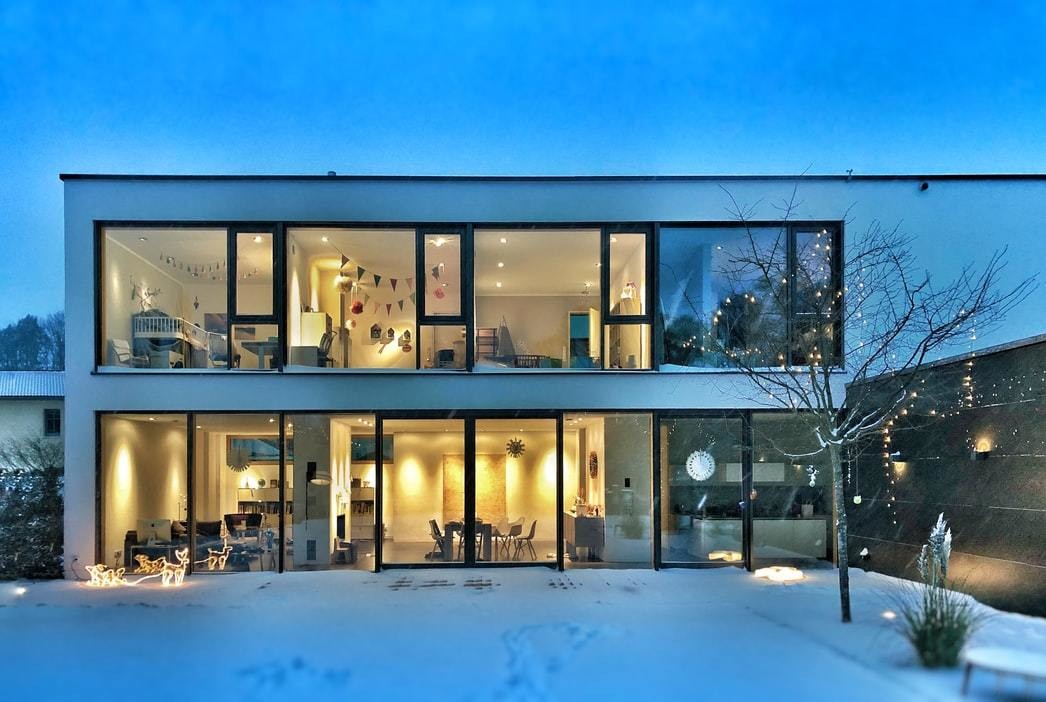When you have a new home or are overseeing a real estate development project, ensuring the longevity and efficiency of your plumbing system is crucial. A maintenance checklist for new plumbing systems is an essential tool for homeowners and developers alike. Not only does it help in preventing unexpected repairs, but it also ensures the system runs smoothly for years to come.

Understanding the Importance of Plumbing Maintenance
Maintenance of a plumbing system is about more than just fixing leaks and clogs. It involves a proactive approach to ensure that all components are functioning correctly, thus avoiding costly repairs and water damage in the future.
Why Regular Maintenance is Essential
Regular maintenance checks allow homeowners to identify potential issues before they become major problems. This can significantly reduce the risk of water damage, which can lead to costly repairs and damage to your property.
Long-term Benefits of Plumbing Maintenance
By maintaining your plumbing system, you can extend its lifespan, improve water efficiency, and enhance the overall value of your property. Well-maintained systems are less likely to experience major failures, saving you time and money in the long run.
Components of a Plumbing Maintenance Checklist
Creating a comprehensive maintenance checklist is a proactive step towards safeguarding your plumbing system. Here are some key components to include:
1. Inspect for Leaks
Regularly check all visible pipes for leaks. Even small leaks can lead to significant water damage over time.
2. Test Water Pressure
Ensure your water pressure is within the recommended range, as high pressure can damage pipes and appliances.
3. Check Drains for Clogs
Ensure that all drains are flowing freely. Clogged drains can lead to backups and potential water damage.
4. Examine Water Heaters
Regularly inspect your water heater for signs of wear and tear. This includes checking for leaks, rust, and temperature issues.
Seasonal Plumbing Maintenance Tips
Consider these seasonal tips to keep your plumbing system in top shape throughout the year:
Spring and Summer Maintenance
During warmer months, focus on inspecting outdoor plumbing fixtures and irrigation systems. Ensure that hoses and sprinklers are in good working condition.
Fall and Winter Preparation
As temperatures drop, take steps to prevent frozen pipes. Insulate exposed pipes and disconnect outdoor hoses to avoid bursts.
Professional Plumbing Inspections
While regular DIY checks are important, professional inspections provide a more thorough evaluation of your plumbing system.
Benefits of Hiring a Professional
Professionals have the expertise and tools to identify issues that may not be visible to the untrained eye. Regular professional inspections can help in early detection of potential problems.
New Plumbing Technologies and Maintenance
With advancements in plumbing technology, maintenance has become more efficient. Smart sensors and water monitoring systems can alert homeowners to potential issues before they become serious.
Incorporating Technology into Your Plumbing System
Consider integrating smart technology into your plumbing system for real-time monitoring and alerts. This can help in early detection of leaks and other issues.
Common Plumbing Problems and Solutions
Understanding common plumbing issues can help homeowners take preventive measures and know when to call in professionals.
Addressing Common Issues
Common issues include leaks, clogs, and low water pressure. Regular maintenance and prompt repairs can prevent these problems from escalating.
Environmental Impact of Plumbing Maintenance
Proper maintenance not only benefits homeowners but also the environment by reducing water waste and energy consumption.
Water Conservation Tips
Adopt water-saving techniques such as fixing leaks promptly and using water-efficient fixtures to minimize environmental impact.
Conclusion
Implementing a maintenance checklist for new plumbing systems is an investment in the longevity and efficiency of your home. By taking proactive steps, you can prevent costly repairs and ensure your plumbing system remains in optimal condition. For more tips on cold climate plumbing or stormwater drainage, check out these resources.

FAQs
1. Why is regular plumbing maintenance important?
Regular maintenance helps in early detection of issues, preventing costly repairs and ensuring the longevity of your plumbing system.
2. How often should professional inspections be conducted?
Professional inspections should be conducted annually to ensure your plumbing system is functioning optimally.
3. What are some common plumbing maintenance tasks?
Common tasks include checking for leaks, testing water pressure, and ensuring drains are clear of clogs.
For more insights on planning plumbing for new homes, visit Formica Plumbing.
This article contains affiliate links. We may earn a commission at no extra cost to you.



